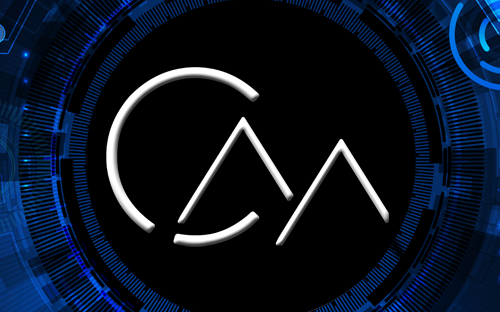Wharton Global Youth: Jiro Noor thank you for coming to the future of business. Wharton Global Youth: It has developed more applications, including those with much greater social impact, which puts farmers in Jakarta in direct contact with consumers who buy “their” products. In September 2020, the Wharton Global Youth Program launched its first podcast, “The Future of the Business World,” which explores the motivations and creations of young entrepreneurs around the world. Global Youth Wharton: Why is Generation Z so interested in social contributions? I often hear this idea, this triple bottom line, this idea of social entrepreneurs who not only make money, but also return it to society and help. Wharton Global Youth: How would you describe the power of technology? It had a big impact on your business plans. Wharton Global Youth: How would you describe the power of technology? In conclusion, let’s look at the future of business. Wharton Global Youth: How would you describe the power of technology? Giro lives at the junction of technology and business. Wharton Global Youth: Hello, everyone! Welcome to the “Future of Business” Podcast. Jiro is already on his “own” path to deep economic and social impact on business, and is doing so in his favorite Nike HyperAdapts. He spent part of the summer learning online with Wharton as part of our Business Future course. This month we are going to Jakarta, Indonesia with high school student Jiro Noor to explore the crossroads of technology and entrepreneurship. Wharton Global Youth: From coding and application development to other technologies, Nike thinks this is the future of self-positioning technology, and I think [this shoe] really captures the beauty of this technology. The problem is that in Indonesia many shoe retailers such as Nike and Adidas are reluctant to sell the shoes they want because they think there is no market. Jiro, welcome to the future of business. Jiro: My favorite should be the slogan of Apple 1995-2000, which reads: “Think differently. “Originally, this was an analogue of IBM’s slogan “Think differently. “It contains values and visions, which the then CEO of Apple, Tim Cook, and his founders wanted to emphasize.
